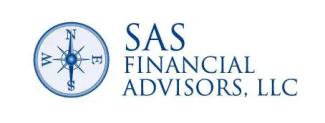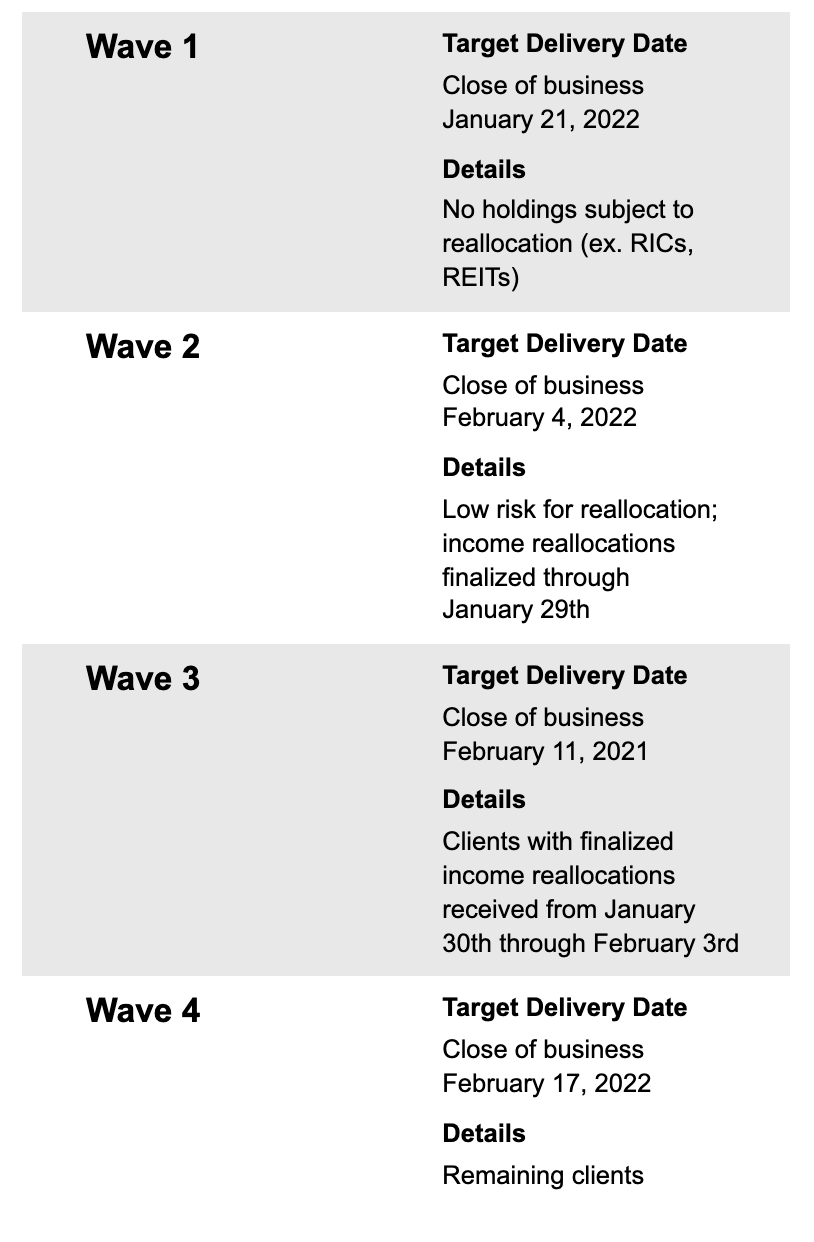
Happy new year and thank you for being valued clients
Happy new year and thank you for being valued clients for another year. Whew! We made it and it feels good that we can say our goodbyes to 2021.
My wife reminded me that although we had many problems in the past year, there was good happening too.
- We have some stability and predictability with our government.
- The political chaos at the top is calmer.
- A vaccine that is very effective, with booster shots has helped those who choose to be vaccinated-about 60% of adults.
- Zoom provided a good excuse to connect with family and friends on a regular basis. It’s a little weird but we got used to it.
- Travel revenge was beginning and we managed to get away to the East Coast as well as Santa Fe/Taos NM. It was not the international travel we had planned but that has to be OK.
It is important to find the positive anytime and especially when we have such challenges. Whatever is happening now feels like it will happen forever (for more on biases: https://thedecisionlab.com/biases). The present always feels stronger with our memory of the past fading pretty rapidly, no matter how good or bad.
I tell the story of talking to my mother in the wintertime and inevitably she would say this is the worst winter ever. My response was that you say that about every winter. History gives us a perspective. The depression, WWI, WWII, oil crisis, multiple recessions, Watergate, dot-bomb, financial meltdown. So far, we have made it through all of it.
The headline in the news is “workers quit at record numbers in November." This was before the omicron variant started to spread in the United States. Now quitting jobs also means switching jobs. From the WSJ article “Several industries are bearing the brunt of persistently elevated quits, including retail, leisure and hospitality, professional and business services, and healthcare and social assistance.”
Low-income workers are seeking better working conditions and wages. Also, smaller companies are experiencing the brunt of the quits because they have a bigger challenge in meeting the demand for increased wages. Workers in health care set a record for quits in November at 3%. Burnout is spreading like a plague through this front-line industry, but also in general, burnout and mental health has really garnered a lot of attention through the course of the pandemic.
Working, or not working, through a pandemic has been a huge disruption for all of us, and for those in the younger generations, this has perhaps been the biggest and most notable shakeup in their lifetime. Those of us who have lived through historic shake-ups can notch another one in our belt.
For the younger folks, it is understandable how this experience of quarantine and transitioning between screens for work, screens for entertainment, and screens for communication can leave us all feeling a bit disoriented as we navigate pandemic precaution while we still hold space for social connection and patience in our own self-care. The workplace burnout trend has persisted since the spring of 2021 with the “Great Resignation." Unemployment benefits seem to have no impact on this trend whether offered or terminated. Link: https://www.npr.org/2022/01/02/1066578162/stop-being-self-critical-tips.
Will the employment landscape return to a pre-pandemic environment or be permanently changed? Those of us working have already experienced significant changes, number one is working from home. Businesses that can adapt have had an opportunity to weather the storm. There has been an increase in early retirements and an increase in entrepreneurship endeavors. Downtown San Francisco is still pretty deserted. I have not been back to the office since the Omicron variant emerged. We shall see what shakes out when we successfully manage the pandemic.
As far as the economy is concerned, inflation, interest rate increases, pandemic slowdowns all are in the mix. This could be a "bad news is good news” scenario if the economy becomes sluggish due to Omicron, then the Fed will likely slow its interest rate increases that could be viewed by the stock market as good news. We are staying invested regardless because we don’t predict market performance over the short term. Expect lower returns from public markets over the next 10 years because we were spoiled by 20% returns for 3 years.
SAS Investment Management Clients: 2021 Form 1099 Anticipated Delivery Schedule
TD Ameritrade would like to keep you informed as to the estimated availability dates for the tax year 2021 tax forms.
To help make sure SAS Financial Advisors' clients receive their tax documents as soon as they are available, clients are encouraged to sign up for electronic tax form delivery. Clients can sign up for e-delivery of tax documents by logging into www.advisorclient.com, then clicking My Profile > Communication Preferences.
Clients can find the tax documents on advisorclient.com by simply clicking the appropriate document on the Statements & Tax Documents menu.
Listed below is useful information pertaining to the anticipated dates that 2021 Consolidated Form 1099s will be available to be viewed online.
■Delivery of 1099s: Currently, we expect the first wave of 1099s to begin posting online on January 21, 2022, with Advisor and client notifications going out shortly after. The estimated dates for the waves are below:
■Correction Cycles – Begins March 3, 2022, and occurs every 2 weeks through April 14, 2022
All dates are estimates and subject to change
■1099 Notification: Once these 1099s have been posted online, advisors will be notified that they are available. Clients that have enrolled to receive their 1099's online, will also receive an e-mail notification.
■For clients receiving paper documents, they should allow several days for mail delivery after these forms have been posted online.
To balance clients’ desire to receive their documents earlier and with an effort to minimize the chance that a client would receive a corrected Form 1099 (potentially requiring the refiling of tax returns), clients may be excluded from the first four waves for the following reasons:
■A client held securities such as mutual funds, Unit Investment Trusts (UITs), or Real Estate Investment Trusts (REITs), which may reallocate payments (for example, from long-term capital gains to short-term capital gains) in January and beyond.
■A client held an investment instrument that is considered to be a Widely Held Fixed Investment Trust (WHFIT), such as a Commodity Trust or Royalty Trust, where there is a possibility of additional information being provided by the company.
This website is informational only and does not constitute investment advice or a solicitation. Investments and investment strategies recommended in this blog may not be suitable for all investors. SAS Financial Advisors, LLC and its members may hold positions in the securities mentioned within this newsletter.
The SAS Newsletters are posted on the SAS Blog weekly: https://www.sasadvisors.com/blog


